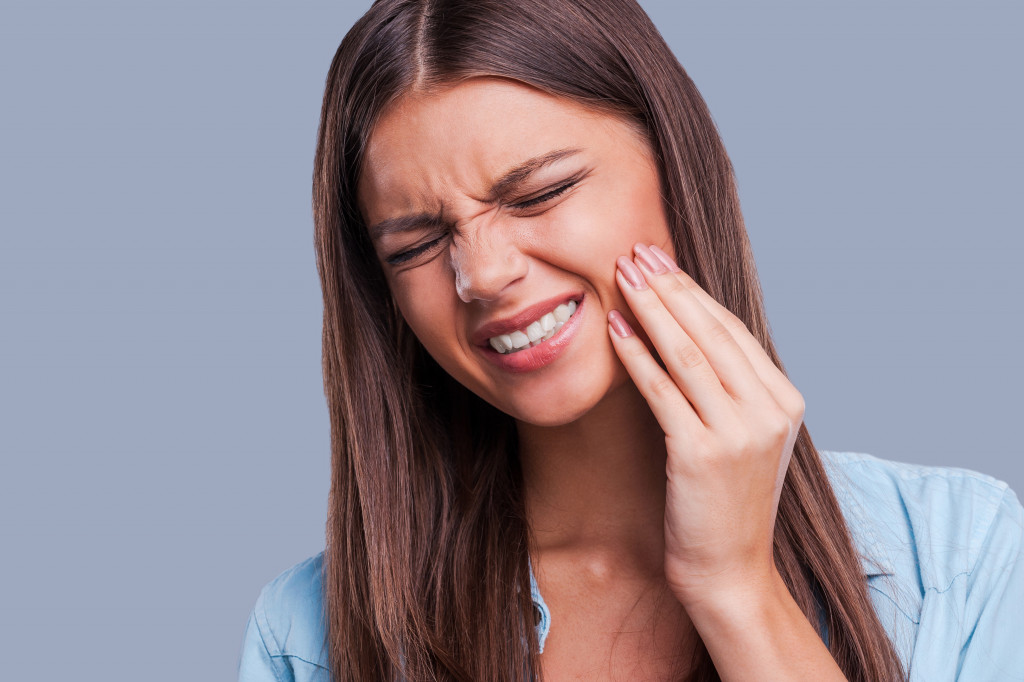When you are traveling, it is essential to be prepared for any dental emergencies that may arise. You never know when you may need to see a dentist, so it is always best to be prepared. Knowing what to do in a dental emergency can help minimize the damage and discomfort. Here are some common dental emergencies and tips on handling them while traveling.
Toothache
Most people will experience a toothache at some point in their lives. If you have a toothache while traveling, wash your mouth with warm water and floss between your teeth to remove any food that has become stuck between your teeth. You can also take over-the-counter pain medication to help with the pain. An infection can cause some toothaches, so it is essential to see a dentist as soon as possible.
You can also try using a cold compress to help reduce the pain and swelling. Simply place a clean cloth in cold water and apply it to the affected area for 10-15 minutes. Not only will this help with the pain, but it will also reduce any swelling that may be present.
Chipped or Broken Tooth
Sometimes a tooth can become chipped or broken, especially if you’re participating in activities like sports while on vacation. If this occurs, you should immediately rinse your mouth with warm water and then place a cold compress over the exterior of your mouth. This will help reduce any swelling. If the tooth is a baby tooth, there’s no need to worry, as it will eventually fall out. However, if it’s an adult tooth, you’ll need to see a dentist as soon as possible.
If the tooth is completely knocked out, try to find it and bring it with you to the dentist. If you can’t find it, that’s okay — the dentist has many options to replant or replace it. A tooth implant is one of the most common and effective treatments for tooth replacement which can provide a permanent solution to your problem.
Abscessed Tooth
An abscessed tooth is a serious dental issue that should be treated immediately. An abscess is a pus-filled pocket that is formed around the tooth’s root due to an infection or trauma to the tooth. Symptoms of an abscessed tooth include severe pain, fever, and swelling. If you think you may have an abscessed tooth, it is essential to see a dentist right away.
You can temporarily relieve the pain of an abscessed tooth by rinsing your mouth with warm water and taking over-the-counter pain medication. You should also avoid eating hard or crunchy foods, which can worsen the pain.

How to Find a Dentist While Traveling
Finding a qualified dentist can be difficult if you’re in a foreign country. Here are some tips on how to find a qualified dentist while traveling:
Check With Your Hotel
Many hotels have a list of recommended doctors and dentists that they can give to their guests. If your hotel doesn’t have a list, they may be able to recommend someone. You can also ask the concierge for a recommendation.
Look for English-Speaking Dentists
This may seem like an obvious one, but it’s worth mentioning. If you’re not fluent in the local language, finding an English-speaking dentist will be much easier. This way, you won’t have to worry about miscommunication during your appointment.
Search Online
If you’re having trouble finding a dentist, you can always search online. There are many websites that offer listings of dentists in foreign countries. You can also check out online directories like the International Association for Dental Traumatology (IADT) or the American Dental Association (ADA).
Asking Around
While this may not be the most reliable method, it’s always worth asking around. If you’re in a small town or village, someone is bound to know of a qualified dentist. You can also ask your taxi driver or tour guide for a recommendation.
Preparing for Your Appointment
Once you’ve found a qualified dentist, there are a few things you need to do to prepare for your appointment. First, be sure to bring your dental insurance card with you. You’ll also need to bring a form of identification, such as your passport. Finally, it’s always a good idea to call ahead and confirm your appointment.
Dental emergencies can be very stressful, especially when you’re away from home. But with a little preparation, you can handle any dental emergency that comes your way. So, if you’re ever faced with a dental emergency while traveling, don’t panic — just follow these tips, and you’ll be fine.

